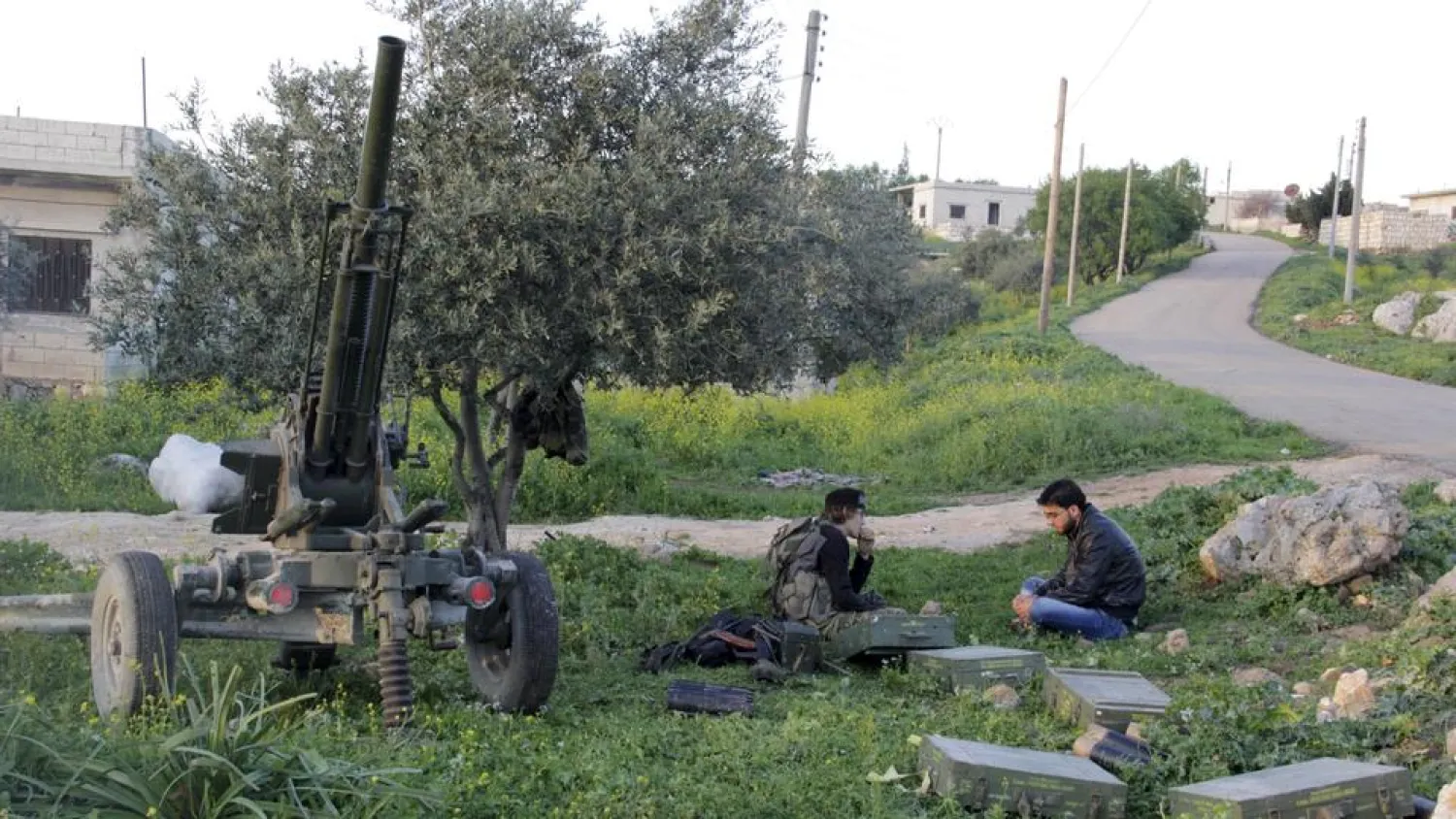Turkey announced on Wednesday that a planned buffer zone in the northwestern Syrian province of Idlib has been cleared of heavy weapons.
"The pullout of heavy weapons from the de-militarized zone was completed on October 10," the Turkish defense ministry said.
Rami Abdel Rahman, who heads the Syrian Observatory for Human Rights, said no heavy weapons were visible in the buffer already from Tuesday.
He was unable to confirm any pullout from a part of the planned zone that falls inside Latakia province but said any such weaponry was not out in the open.
"They could have been moved to trenches or secret locations," he said.
The demilitarized zone ringing the Idlib region is the result of a deal reached last month between Turkey and Russia to stave off a regime assault on Syria's last major opposition stronghold.
The accord called for a complete withdrawal of all heavy weapons from the planned buffer by Wednesday, and opposition and extremist factions appeared to have met that deadline.
The Turkey-backed National Liberation Front (NLF) opposition alliance said it had pulled out all heavy arms by Monday, and the Observatory said extremists quietly followed suit.
Despite the relatively speedy implementation of the accord's first deadline, observers say a thornier task lies ahead.
Under the deal, the zone must be free by October 15 of all extremists, including those of Hayat Tahrir al-Sham (HTS), the region's dominant force led by former Al-Qaeda fighters.
With five days to go, HTS and other extremist fighters remained inside the planned buffer area and showed no sign of leaving.
HTS, which controls more than two-thirds of the planned zone, has not officially responded to the Turkey-Russia deal.
Haid Haid, an associate fellow at the Chatham House think-tank, said HTS had made the "pragmatic" move of pulling out its heavy weapons.
"Of course, implementing the heavy weapons point is easier," he said. "The harder point is withdrawing forces from the area."









